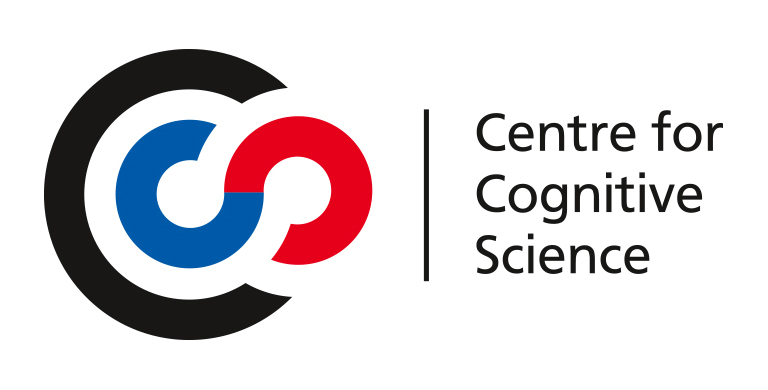The Adaptive Mind in Small Motion – Skittles as a Window into Human Action Monitoring
Speaker: Mathias Hegele, Uni Gießen
2025/07/16 15:20-17:00
Location: Building S1|15 Room 133
Abstract:
Learning from action outcomes is a cornerstone of adaptive motor behavior, yet the effectiveness of feedback in motor learning is constrained by temporal delays between actions and their consequences. This delay can lead to temporal discounting, whereby the impact of delayed outcome information gets attenuated thereby diminishing learning efficiency. Across a series of experiments, we investigated how predictive mechanisms can mitigate this issue and enhance motor learning by guiding attention and/or closing the temporal gap between action and outcome.
Analyzing gaze behavior in a semivirtual throwing task revealed that participants used sensorimotor predictions to guide gaze toward outcome-relevant locations, even without visual feedback. Fixation durations reflected informational value, with longer durations for uncertain or unfavorable outcomes. Additionally, gaze allocation between informational and motivational targets was shaped by individual preferences, previous outcomes, and outcome predictions. In another series of experiments, participants practiced goal-directed throwing with either temporally predictive feedback (predFB), which provided predictive information about the outcome, or naturally delayed feedback (natFB), where information arrived at its natural time. PredFB led to faster learning and exhibited complex interactions with contextual factors and their interindividual variations as indicated by different EEG signatures of action monitoring.
Together, these results demonstrate that predictive processes enhance learning by reducing the cost of feedback delay and guiding attention based on internal outcome valuation.


